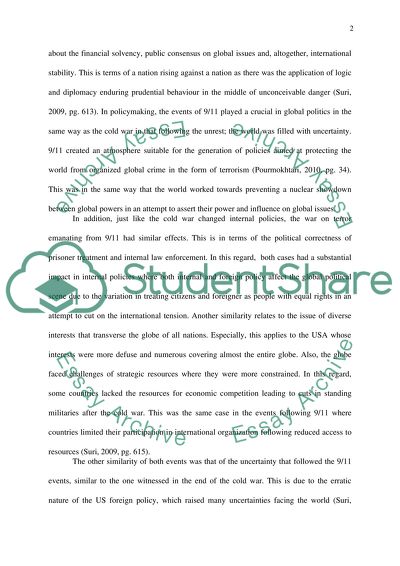Cite this document
(“9/11 Terrorist Attacks and the Cold War Essay Example | Topics and Well Written Essays - 1500 words”, n.d.)
Retrieved from https://studentshare.org/history/1456583-some-have-argued-that-the-impact-of-the-terrorist
Retrieved from https://studentshare.org/history/1456583-some-have-argued-that-the-impact-of-the-terrorist
(9/11 Terrorist Attacks and the Cold War Essay Example | Topics and Well Written Essays - 1500 Words)
https://studentshare.org/history/1456583-some-have-argued-that-the-impact-of-the-terrorist.
https://studentshare.org/history/1456583-some-have-argued-that-the-impact-of-the-terrorist.
“9/11 Terrorist Attacks and the Cold War Essay Example | Topics and Well Written Essays - 1500 Words”, n.d. https://studentshare.org/history/1456583-some-have-argued-that-the-impact-of-the-terrorist.


